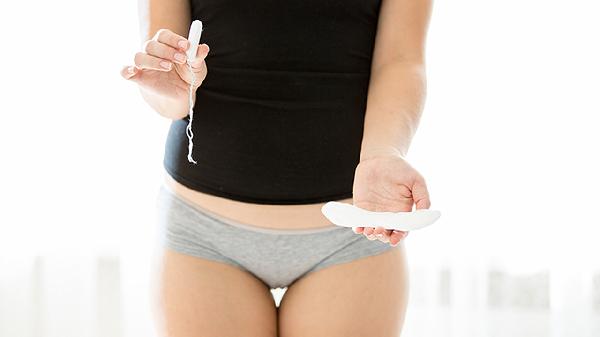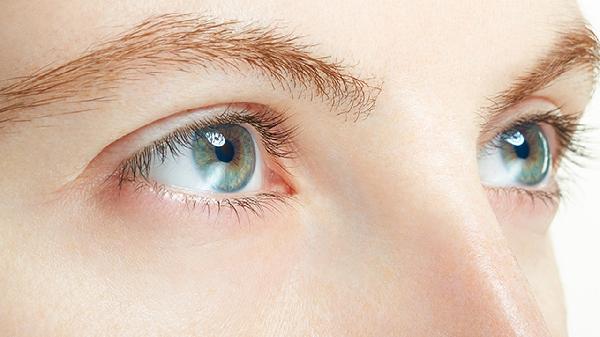Menstruation is a normal physiological phenomenon in women, almost occurring every month. It helps to expel dead cells from the body and promotes internal endocrine function. As women age, typically around 50, their body enters a state of decline, and menstrual flow gradually decreases until menopause. At this stage, it is recommended that women pay more attention to their health and replenish nutrients in the body.

What are the clinical manifestations before menopause in women?
Manifestation 1: Irregular Menstrual Cycle
Menstruation, commonly known as "Aunt Flo," normally occurs once a month. However, some women may experience menstruation two or three times a month or go several months without it. Such obvious menstrual irregularities should be taken seriously, especially for women aged 40-50. If the menstrual cycle suddenly becomes abnormal, it could be a sign of approaching menopause.
Manifestation 2: Change in Menstrual Blood Color
Normally, menstrual blood is red or dark red. However, if the color changes from light to dark during menstruation and is accompanied by blood clots, this could indicate that menopause is approaching.
Manifestation 3: Excessive or Insufficient Menstrual Flow
During menstruation, the normal blood loss for women is 30-80 milliliters. Any amount below or above this range is abnormal. This can be caused by prolonged overexertion, high stress levels, or insufficient nutrient absorption in the body. Additionally, abnormal menstrual flow can also occur before menopause. In such cases, it is recommended that patients seek medical examination and diagnosis.
Menopause also signifies the onset of aging in women. How can the onset of menopause be delayed?
First, middle-aged women should manage their emotions, avoid overexertion, and rest adequately. It is important to control emotions during menstruation and avoid excessive agitation. Distraction techniques can help alleviate stress. Additionally, maintaining a balanced diet with proper nutrition is crucial. Avoid consuming too much greasy or cold food and cultivate healthy lifestyle habits. Engaging in outdoor activities and moderate aerobic exercise can effectively enhance physical fitness and delay the onset of menopause.
During menstruation, women must take good care of their bodies and pay attention to personal hygiene. This includes changing underwear frequently and ensuring sanitary pads are also changed regularly to avoid prolonged use, which can lead to bacterial invasion and a series of gynecological diseases.
























